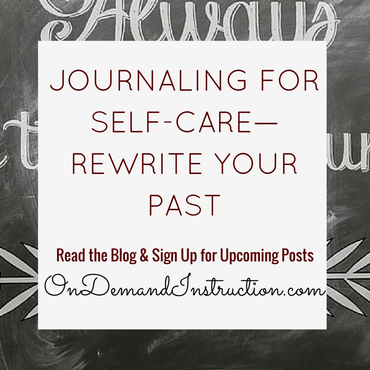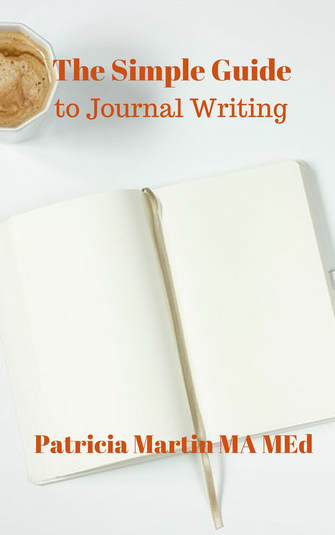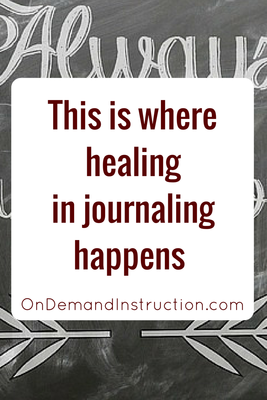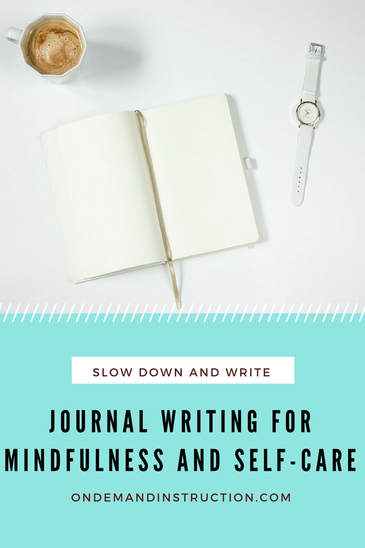 Thanks to research studies, personal experiments, innovative teachers, and determined writers, we know with certainty that journal writing can have a positive effect on a person’s mental and emotional health. But how does journal writing create a positive effect? There are two considerations that every writer must address before starting any piece of writing—purpose and audience. With purpose, writers need to take into consideration why that piece needs to be written in the first place and what purpose it will serve in the universe once it is completed. With audience, writers need to consider who the intended audience it, what information that audience already has, and what information that audience needs. Writers also need to consider the type of effect they want to have on the audience. With journal writing, the purpose and audience become much simpler. When writing in a journal, the purpose is to reveal information from the past, to clarify details, or to organize one’s personal thoughts and memories. Since we can use journaling in different ways (writing about the past, organizing personal goals, or book journaling), that purpose can shift slightly but is still grounded in the idea of writing for one’s personal improvement. No matter what we write about when we are journaling, we are writing to make ourselves better. |
About the SiteWelcome, Writers! Archives
September 2023
|







 RSS Feed
RSS Feed